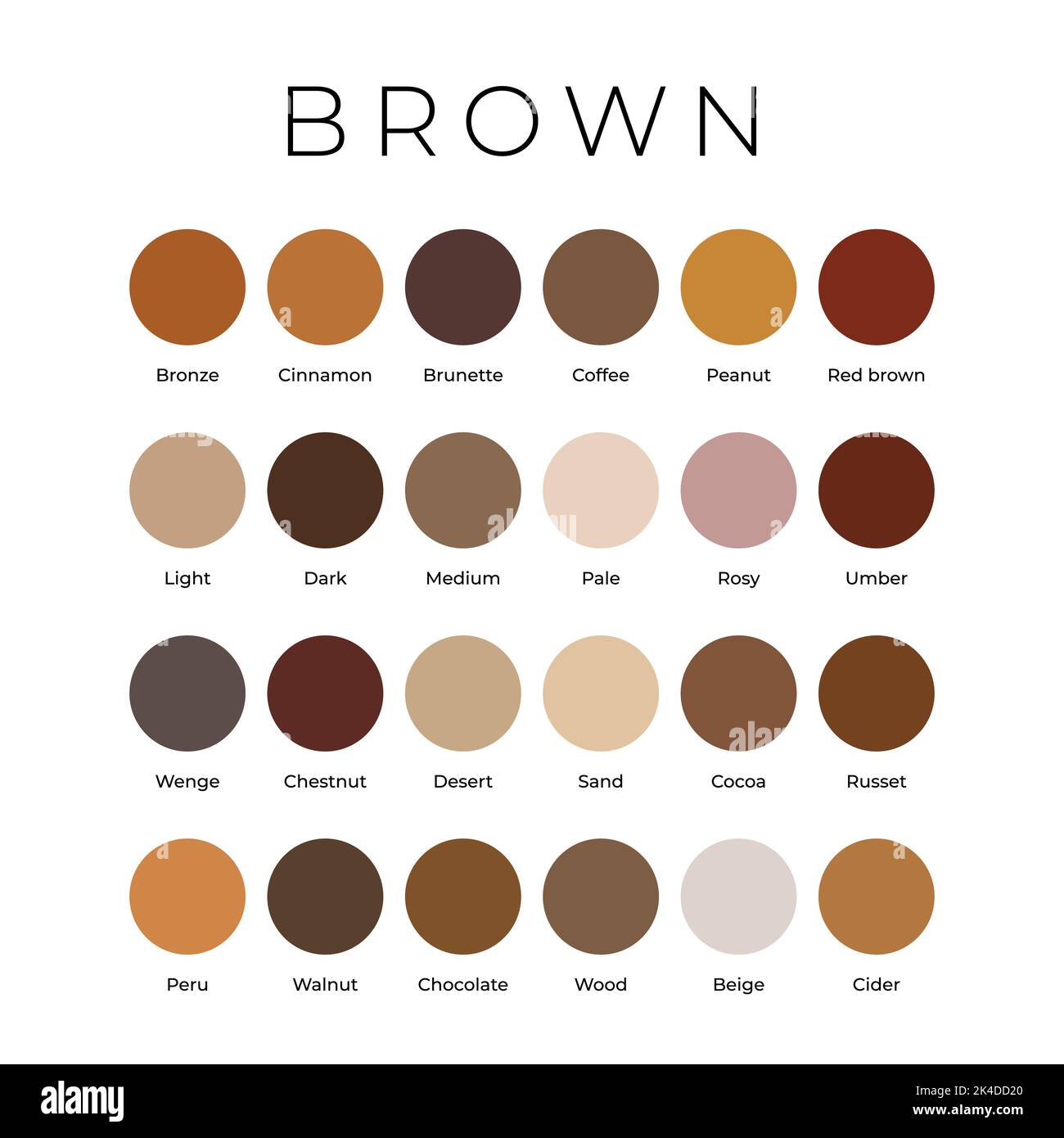Legal Drinking Age in Greece: Complete Guide to Alcohol Laws and Regulations
Legal drinking age in Greece
The legal drinking age in Greece is 18 years old. This applies to all alcoholic beverages, include beer, wine, and spirits. Greece maintains this uniform age requirement across all types of alcohol, make it consistent with many other European Union countries.
Greek law purely prohibits the sale, purchase, or consumption of alcoholic beverages by anyone under 18 years of age. This regulation isenforcede through various mechanisms, include penalties for both underage consumers and establishments that serve alcohol to minors.
Legal framework and enforcement
Greece’s alcohol laws are governed by national legislation that align witEuropean Unionon directives on alcohol regulation. The country haimplementednt comprehensive measures to ensure compliance with age restrictions, specially in commercial establishments.
Retailers, bars, restaurants, and other venues sell alcohol are required to verify the age of customers who appear to be under a certain age threshold. Most establishments request identification from anyone who look younger than 25, provide a buffer to ensure compliance with the18-yearr minimum age requirement.
Penalties for violating these laws can be substantial. Establishments catch serve alcohol to minors may face fines, temporary closure, or revocation of their alcohol licenses. The severity of penalties frequently depend on factors such as repeat offenses and the circumstances surround the violation.

Source: tripanthropologist.com
Cultural context and social attitudes
Greece has a yearn stand cultural relationship with alcohol, peculiarly wine, which has been part of mMediterraneanculture for thousands of years. This cultural backdrop influences how alcohol laws are pperceivedand implement within Greek society.
Unlike some countries where alcohol consumption is hard stigmatize, Greece maintain a more relaxed cultural attitude toward moderate alcohol consumption. Wine is oftentimes consumed with meals as part of traditional dining customs, and this cultural acceptance extend to family settings where young adults maybe introducede to alcohol in supervised environments.
Notwithstanding, this cultural acceptance does not override legal requirements. Greek authorities maintain clear distinctions between cultural practices and legal obligations, ensure that commercial establishments adhere to the 18-year age limit careless of cultural contexts.
Comparison with other European countries
Greece’s legal drinking age of 18 aligns with the majority of European Union member states. This consistency reflect broader European approaches to alcohol regulation, which broadly set the legal drinking age at 18 for all types of alcoholic beverages.
Some European countries have more complex systems with different ages for different types of alcohol. For example, certain nations allow beer and wine consumption at 16 while require individuals to be 18 for spirits. Greece’s uniform approach simplifies enforcement and reduce confusion for both consumers and establishments.
This alignment with European standards besides facilitate tourism and cross border commerce, as visitors from other EU countries encounter familiar legal frameworks when visit Greece.
Purchasing and consumption locations
Greek law regulate where alcohol can be purchase and consume, with different rules apply to various types of establishments. Understand these regulations help ensure compliance for both residents and visitors.
Alcohol can be purchased in license retail establishments, include supermarkets, convenience stores, and specialize alcohol retailers. These venues typically operate under standard retail licenses that permit alcohol sales during specified hours.
Restaurants, bars, tavernas, and other hospitality establishments serve alcohol under different licensing arrangements. These venues oftentimes have more flexible hours for alcohol service, peculiarly in tourist areas where nightlife extends late into the evening.
Public consumption laws vary by municipality, with some areas restrict alcohol consumption in public spaces while others maintain more permissive approaches. Tourist areas oftentimes have specific regulations design to balance visitor enjoyment with public order considerations.
Tourism and visitor considerations
Greece’s status as a major tourist destination mean that alcohol laws often affect visitors from around the world. Understand these regulations help ensure that tourists can enjoy Greek hospitality while remain compliant with local laws.
Visitors should be aware that Greek establishments are required to enforce the18-yearr age limit careless of the customer’s nationality or the drinking age in their home country. This mean that tourists from countries with higher drinking ages may lawfully consume alcohol inGreecee if they’re 18 or older, while those from countries with lower drinking ages must distillery wait until 18.
Tourist areas frequently have heightened enforcement of alcohol laws due to increase scrutiny from local authorities. Popular destinations likMykonososSantorinini, anCretete may have additional local regulations that supplement national laws.
Hotels and resorts typically follow the same age verification procedures as other establishments. All-inclusive resorts and cruise ships operate in Greek waters must comply with Greek alcohol laws when in territorial waters or port.
Health and safety considerations
Greek alcohol laws incorporate public health perspectives that recognize both the cultural significance of alcohol and the need to protect young people from potential harm. These considerations influence how laws are structure and enforce.
The 18-year age limit reflect scientific understanding about brain development and the potential impacts of alcohol on develop minds. This age threshold aim to balance personal freedom with health protection for young adults.

Source: chasingthedonkey.com
Greek health authorities promote responsible drinking practices through various educational initiatives and public health campaigns. These efforts complement legal regulations by encourage inform decision make about alcohol consumption.
Emergency services and healthcare providers in Greece are equipped to handle alcohol relate incidents, with protocols design to provide appropriate care while maintain legal compliance regard age verification and reporting requirements.
Economic impact and industry regulation
Greece’s alcohol industry represent a significant economic sector, encompass wine production, tourism relate hospitality, and retail sales. Legal drinking age regulations form part of a broader regulatory framework that govern this industry.
The wine industry, in particular, have deep historical roots in Greece and contribute considerably to both domestic consumption and export markets. Age regulations ensure that domestic marketing and sales practices comply with legal requirements while support industry growth.
Tourism relate alcohol sales represent another major economic component. Bars, restaurants, and entertainment venues in tourist areas depend on alcohol sales for significant portions of their revenue, make compliance with age regulations essential for business continuity.
License systems for alcohol retailers and hospitality establishments generate revenue for local and national governments while provide regulatory oversight mechanisms. These systems help ensure that businesses understand and comply with age relate requirements.
Future considerations and potential changes
While Greece’s legal drinking age remain stable at 18, ongoing discussions about alcohol policy continue to evolve base on public health research, social trends, and European Union developments.
Public health advocates regularly review alcohol policies to assess their effectiveness in protect young people while respect cultural traditions and personal freedoms. These reviews may influence future policy discussions, though major changes to the legal drinking age appear unlikely give current European trends.
Enforcement mechanisms continue to evolve with technological advances, include improve identification verification systems and enhance coordination between regulatory agencies. These developments aim to make compliance easier for businesses while maintain effective age verification.
International tourism trends and change social attitudes toward alcohol consumption may too influence future policy discussions, though any significant changes would probably occur gradually and with extensive public consultation.
Practical advice for compliance
Understanding Greece’s legal drinking age requirements help ensure compliance for both residents and visitors. Several practical considerations can help individuals navigate these regulations efficaciously.
Invariably carry valid identification when purchase or consume alcohol in commercial establishments. Acceptable forms of identification typically include passports, national identity cards, or driver’s licenses that clear show date of birth.
Be prepared for age verification requests level if you appear older than 18. Many establishments have policies require identification from anyone who appear younger than a certain age threshold, frequently 25 or 30.
Understand that ignorance of local laws is not considered a valid excuse for violations. Visitors should familiarize themselves witGreekek alcohol regulations before engage in activities involve alcohol consumption.
Respect establishment policies that may be more restrictive than legal minimums. Some venues choose to implement stricter age verification procedures or refuse service in ambiguous situations to ensure compliance.
The legal drinking age in Greece of 18 years reflect a balanced approach that consider cultural traditions, public health concerns, and alignment with broader European standards. This framework provides clear guidelines for both residents and visitors while support the country’s significant tourism and hospitality industries. Understand these regulations ensure compliance and help maintain the responsible enjoyment ofGreecee’s rich cultural traditions surround alcohol consumption.



